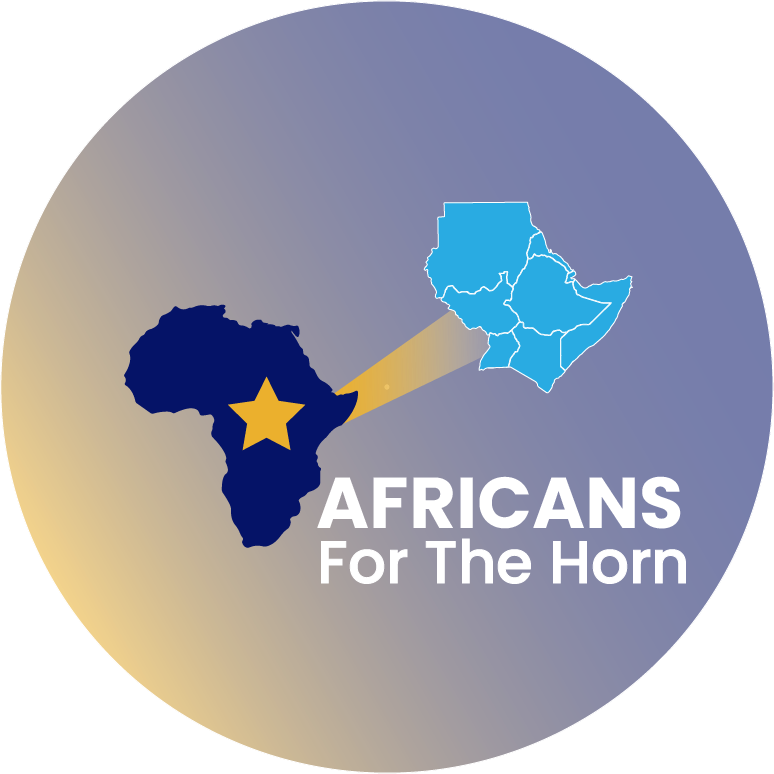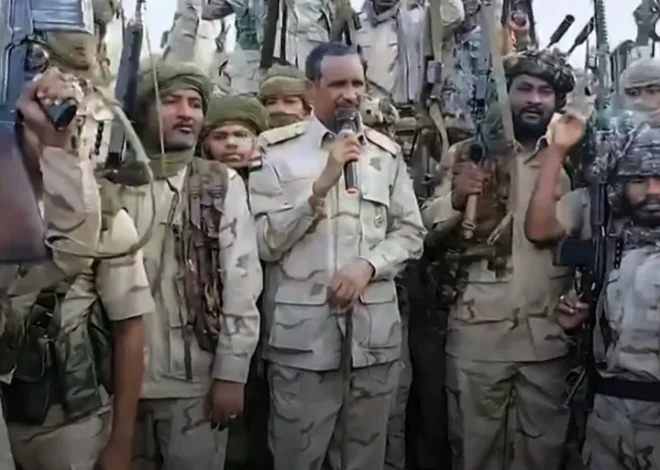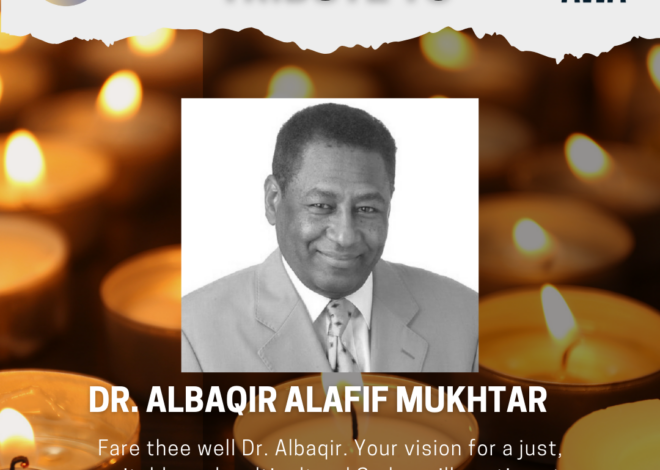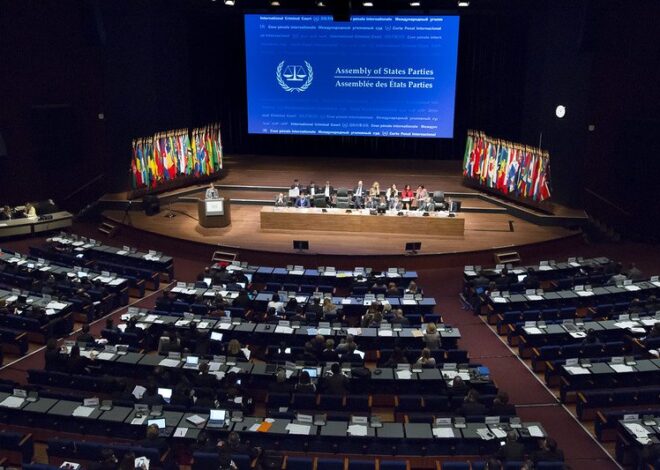African groups decry rights violations in Sudan conflict
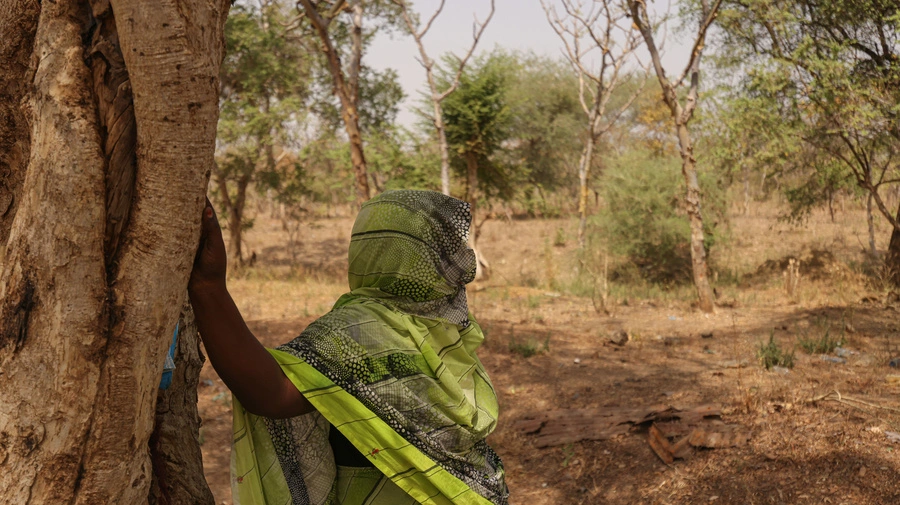
Pan-African civil society organisations urge the African Union’s Peace and Security Council to prioritise discussions on sexual and gender-based crimes amid the ongoing civil war in Sudan, emphasising the need for regional action to address humanitarian crises and ensure justice.
Africa Briefing
A COALITION of Pan-African civil society organisations has urged the African Union’s Peace and Security Council to ‘prioritise discussion on the sexual and gender-based crimes and other human rights violations’ that are continuing in the ongoing civil war that erupted in Sudan on April 15, 2023.
With The Gambia chairing the PSC this April, the Africans for the Horn of Africa (Af4HA) Initiative sent a letter to the country’s ambassador to the AU, Jainaba Jagne, ‘to express our deep concern regarding the situation in Sudan, and the impact it is having on its neighbouring countries in the Horn, Northern and Central Africa’.
The letter added: ‘With more than 15,000 people killed and an estimated 10 million displaced since the fighting began, the challenges faced by the Sudanese people demand the unwavering attention, commitment and resolute action by the regional and international community.
‘It is with this urgency in mind that we respectfully request you, in your capacity as the Chair of the month, to ensure that the scheduled discussion on Sudan in this month’s calendar prioritises discussion on the heightened commission of sexual and gender-based violence (SGBV) crimes and other serious crimes against women, children and civilians in Sudan.’
The Af4HA letter said women and girls had been kidnapped from Khartoum and Northern Sudan, and then taken to Darfur ‘to be ransomed back to their families or sold as slaves’. It also cited high levels of infant mortality and malnutrition among children.
‘This is happening in violation of the African Charter on Human and Peoples’ Rights; the Protocol to the African Charter on Human and Peoples’ Rights on the Rights of Women in Africa (Maputo) Protocol, and United Nations Security Council (UNSC) Resolution 1325 on Women, Peace and Security,’ the letter said.
The Nairobi-based Af4HA said 18 million people were facing acute hunger and ‘more than a million civilians [were] projected to die from the famine’.
It accused the two warring sides – the Sudanese Armed Forces and the Rapid Support Forces – of disrupting food aid delivery to vulnerable civilians.
Against the backdrop of these concerning trends, it is imperative that the African Union, through the Peace and Security Council, supports ongoing initiatives aimed at bringing peace, fostering stability, promoting justice, and addressing humanitarian needs and an eventual establishment of civilian rule,’ the letter said.
‘It is crucial to emphasise that these efforts must prioritise and amplify the voices of a wide and inclusive group of Sudanese civilians, placing their concerns at the forefront.
‘This is the only way we can forge meaningful and effective paths towards sustainable solutions that genuinely resonate with the aspirations of the Sudanese civilian population.’
Against the backdrop of these concerning trends, it is imperative that the African Union, through the Peace and Security Council, supports ongoing initiatives aimed at bringing peace,
fostering stability, promoting justice, and addressing humanitarian needs and an eventual establishment of civilian rule,’ the letter said.
‘It is crucial to emphasise that these efforts must prioritise and amplify the voices of a wide and inclusive group of Sudanese civilians, placing their concerns at the forefront.
‘This is the only way we can forge meaningful and effective paths towards sustainable solutions that genuinely resonate with the aspirations of the Sudanese civilian population.’
Read the original article on Africa Briefing
